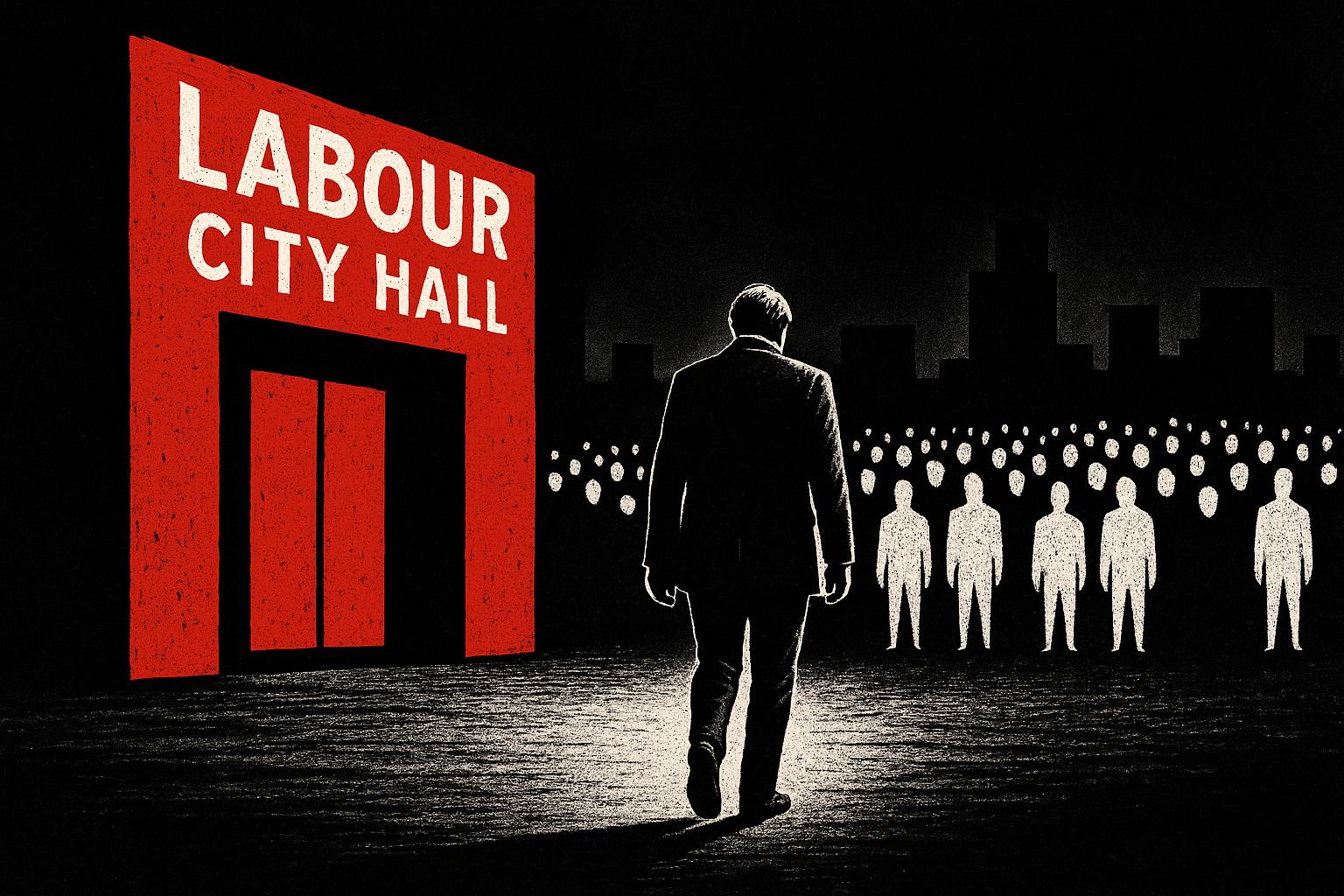A recent political defection in North London has highlighted ongoing tensions and shifting allegiances within local parties. Cllr Rajan-Seelan, a Labour councillor from Brent, has resigned from the Labour Party and joined the Conservatives after being barred from standing as a Labour candidate in next year’s local elections. The decision to deselect eight Brent Labour councillors, including Rajan-Seelan, was made by the party’s regional branch in September, reportedly leaving some councillors "deflated, depressed, or angry" at the outcome.
Rather than completing his term in the Labour ranks, Cllr Rajan-Seelan’s defection to the Tories came after an unsuccessful attempt to secure a specific ward with the Liberal Democrats. According to internal communications, Rajan-Seelan expressed disappointment when the Lib Dems refused to offer him the Alperton seat he sought, with the party emphasising that "seats are not given away like sweets." The Liberal Democrats’ Chair, Virginia Bonham-Carter, stated that although discussions occurred, the party concluded Rajan-Seelan did not meet their expectations. She criticised Labour’s performance in Brent, suggesting the party had become too focused on internal disputes and lacked attention to residents’ needs, contrasting this with the Lib Dems’ commitment to practical local governance.
Brent Council’s website currently lists Rajan-Seelan as an Independent while formalities surrounding his Conservative membership are completed. The local Conservative group has confirmed his defection but declined to comment further. Rajan-Seelan himself did not respond to requests for further comment but acknowledged he had made a demand for a specific ward from the Liberal Democrats, which was not met.
Labour Party representatives reaffirmed their confidence in their candidate selection for the upcoming elections and highlighted achievements under their leadership in Brent, including delivering affordable homes, improving infrastructure, supporting residents through the cost-of-living crisis, and advancing environmental goals. They expressed optimism that these successes would secure continued voter support.
This defection follows a broader pattern of similar political shifts seen recently across London. For example, in March 2025, Cllr Shiva Tiwari from Camden Labour defected to the Conservatives, citing dissatisfaction with Labour’s economic performance and internal governance, including a lack of democratic debate and declining public services such as waste management and housing repairs. Similarly, in September 2025, Cllr Dr Chukwudi Okeke, Deputy Leader of the Labour group on Cherwell District Council, left Labour for the Conservatives, stating that the party had abandoned its foundational values.
This wave of defections reflects a period of considerable political volatility, with established parties facing criticism from former members over both national leadership and local governance. In contrast, there have also been defections in the opposite direction; for instance, in April 2024, Conservative MP Dan Poulter joined Labour, citing discontent with his former party’s handling of the NHS.
Historical precedents in Brent itself add context to this latest event. In 2007, Bertha Joseph, Brent’s first Afro-Caribbean mayor, defected from Labour to the Conservatives over concerns that Labour was failing to tackle crime and represent ethnic minority communities adequately.
Cllr Rajan-Seelan’s move thus epitomises the complex and often personal nature of local political realignments, where issues of party loyalty, policy direction, and electoral strategy intersect. It underscores challenges within Labour at a time when opposition parties seek to capitalise on dissatisfaction, while the Lib Dems emphasize stringent candidate vetting and a focus on community results.
With Brent’s local elections approaching in May 2026, these internal dynamics and party reconfigurations will play a crucial role in shaping the political landscape and determining which parties residents trust to govern their communities effectively.
📌 Reference Map:
- Paragraph 1 – [1] (MyLondon)
- Paragraph 2 – [1] (MyLondon)
- Paragraph 3 – [1] (MyLondon)
- Paragraph 4 – [1] (MyLondon)
- Paragraph 5 – [1] (MyLondon)
- Paragraph 6 – [1] (MyLondon)
- Paragraph 7 – [2] (Evening Standard), [3] (Camden Citizen)
- Paragraph 8 – [5] (Banbury Guardian)
- Paragraph 9 – [6] (Reuters)
- Paragraph 10 – [7] (Politics.co.uk)
- Paragraph 11 – [1] (MyLondon)
Source: Noah Wire Services
